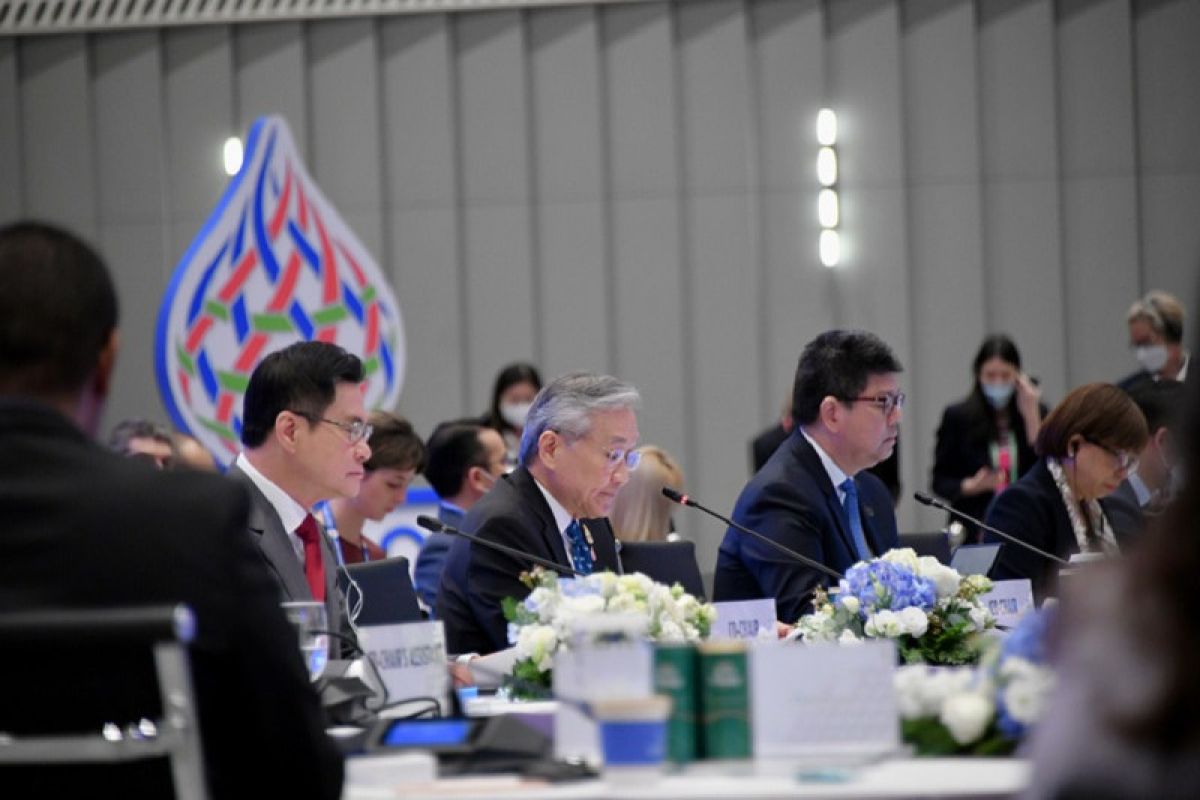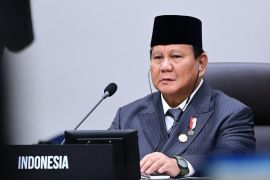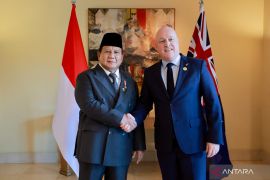Their first meeting since 2018 took place against the backdrop of increasing inflation, rising food and energy prices, inequality, and climate change, according to a release on the APEC Ministerial Meeting received here on Thursday.
The 2022 APEC Ministerial Meeting was co-chaired by Thailand’s Minister of Foreign Affairs, Don Pramudwinai, and Minister of Commerce, Jurin Laksanawisit.
During the meeting, policy recommendations were shared by representatives of the APEC Business Advisory Council and APEC’s official observers—the Association of Southeast Asian Nations, the Pacific Economic Cooperation Council, and the Pacific Island Forum.
"Our meeting today takes place at a pivotal juncture," Minister Pramudwinai said in his opening remarks.
The world is currently staring at hyperinflation married to recession, broken supply chains and scarcities, climate calamities, as well as a precariously outdated mode of production that seriously needs recalibration in light of technological innovation, he observed.
"And making the matter worse, we see the increased cancel mentality that permeates every conversation and action, makes any compromise appear impossible," he added.
"That’s why APEC this year must rise above these challenges and deliver hope to the world at large that, collaboratively, there is room that we can prevail and prosper," he said.
Related news: APEC tackles travel uncertainties, ensures regional connectivity
Under Thailand’s APEC 2022 theme of "Open. Connect. Balance.", ministers exchanged views on the bio-circular-green (BCG) economy model and how it can help APEC members achieve sustainable and inclusive recovery as well as long-term growth.
"The fourth industrial revolution that has already made its irretrievable world entrance calls upon us to rethink our growth strategy in terms of increased sustainability and inclusiveness, and most fundamentally, (make it) more balanced," Pramudwinai said.
Rapid technological innovation, environmental degradation, and climate change, coupled with the frightening gap in inequality, require leaders of APEC economies “to ponder the way we can and must do better and cooperate more,” he added.
"The way we do trade requires new tactical and strategic adjustments, and more importantly, a new mindset to make these needed adjustments possible," he remarked.
"To maintain status quo is not an option," he stressed.
He also highlighted the positive progress made on the Bangkok Goals on the BCG Economy, which will be presented to APEC leaders. The objectives are aimed at advancing and integrating APEC’s sustainability agenda into the mainstream.
In his remarks, Laksanawisit, who also served as the chair of the 2022 APEC Ministers Responsible for Trade Meeting in May, highlighted the progress made on the multi-year work plan on the Free Trade Area of the Asia-Pacific.
Related news: APEC launches information hub for international travel
He said that deepening regional integration is key for addressing economic uncertainties.
At this year’s meeting, APEC ministers focused on the next steps for reconnecting the region, developing safe passage, and building resilience, especially with the COVID-19 pandemic forcing many economies to impose strict policies on movement and cross-border travel.
Drawing from the lessons learned in the past two years, the ministers deliberated on measures for improving coordination between APEC members' health policies to ensure that travel in the region remains open and safe in the face of future pandemics and shocks.
The decisions made by the ministers on Thursday will inform the APEC Economic Leaders’ Meeting on Friday and Saturday.
Related news: Gov't says to continue structural reforms at APEC meeting
Related news: APEC ministers address inflation risks, promote new growth drivers
Reporter: Yuni Arisandy Sinaga
Editor: Suharto
Copyright © ANTARA 2022











